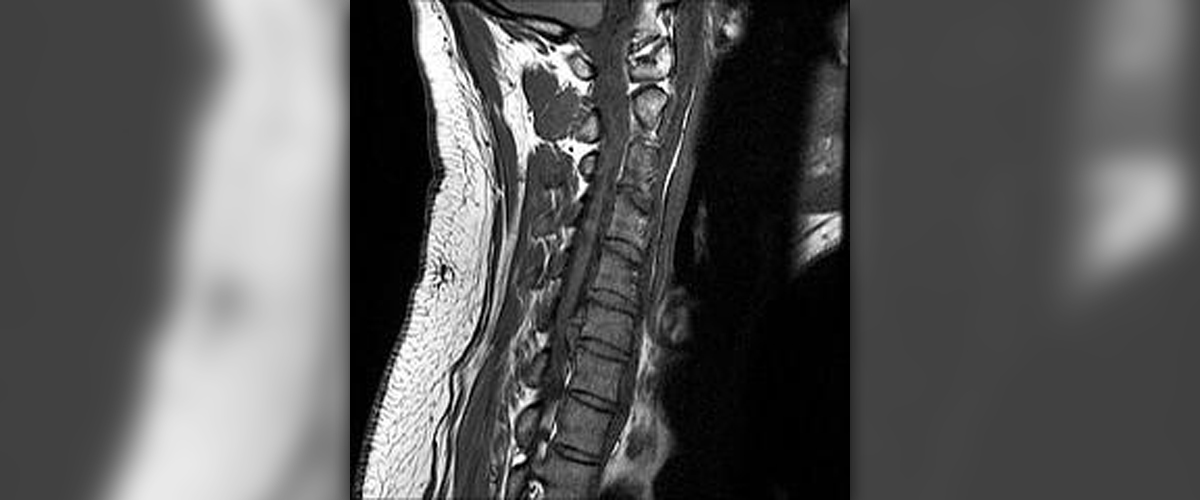
About Herniated Cervical Disc
A herniated disc is a medical condition that develops due to rupture of the spinal disc and bulging of its components. If affects older people. The very process of aging is associated with deterioration of spinal discs. The discs lose water content and are less effective as cushions. Deterioration of the disc eventually leads to its tear. This may be a cause of displacement of the disc's center. The condition may affect any part of the spine. In case of cervical herniation the symptoms and signs develop as a consequence of irritation/compression of the cervical spinal nerves.
Patients suffering from herniated cervical disc most commonly complain about pain that radiates down the arm and sometimes into the hand. The pain may also remain localized to the shoulder blade or the neck and even increase when the head is turned or bent. The condition also leads to muscle spasms, muscle weakness and numbness and tingling in the arm.
In many cases cervical disc herniation develops as a result of injury or improper lifting. Bulging can also be spontaneous. As it has already been mentioned the process of aging is a significant contributor to the condition.
It is not hard to diagnose cervical disc herniation. The doctor reviews compete medical history, performs physical and neurological exam and several more tests and exams. Final conformation of the condition is achieved with the assistance of different imaging studies such as MRI, myelogram, CT scan and electromyography (EMG).
Therapy for Herniated Cervical Disc
Conservative treatment for herniated cervical disc consists of medications, rest, massage and physical therapy together with home exercises. Many patients may additionally benefit from hydrotherapy and chiropractic care. Majority of patients recover within six weeks and return to their activities. Only if there are no positive results with conservative approach a person may need to undergo surgery.
Self care measures for patients suffering from herniated cervical disc are restriction of activities, ice/heat therapy and pain killers. Apart from several medications that are available over-the-counter doctors usually prescribe nonsteroidal anti-inflammatory drugs and sometimes muscle relaxants. Swelling and inflammation of the spinal nerves is controlled with corticosteroids that can be taken orally or are administered in a form of injections applied directly into the affected area. Physical therapy is an essential part of rehabilitation. It helps patients return to full activity and prevents re-injury.
Surgical treatments for herniated cervical disc include several procedures: anterior cervical discectomy and fusion, artificial disc replacement and minimally invasive microendoscopic discectomy. Some patients may also undergo posterior cervical discectomy.


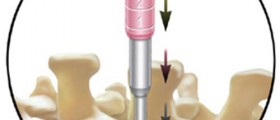
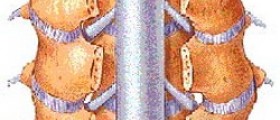
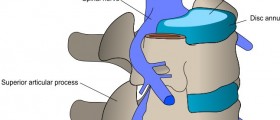
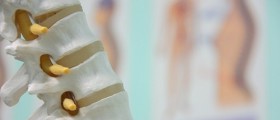
-Causes,-Symptoms,-Diagnosis,-Treatment_f_280x120.jpg)
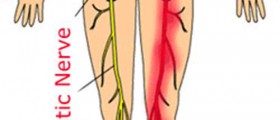
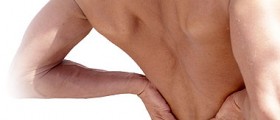
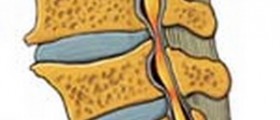
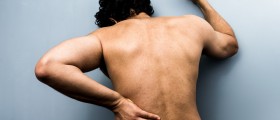
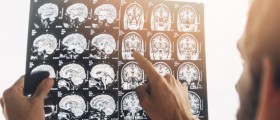

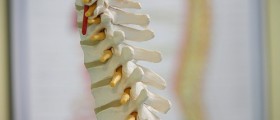
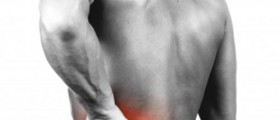


Your thoughts on this
Loading...